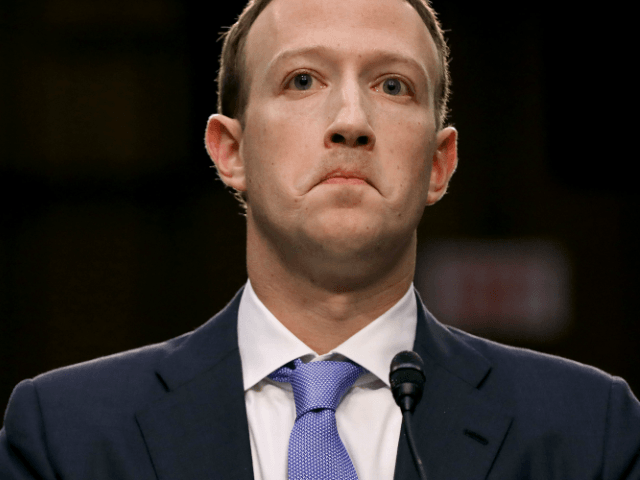Republican legislators in the Florida House of Representatives have introduced legislation to protect political candidates from censorship by big tech platforms.
The bill encapsulates many of the measures called for by Florida Gov. Ron DeSantis (R) in his press conference on the tech censorship issue at the start of February.
The bill includes a measure to fine social media platforms that blacklist political candidates, $100,000 a day for statewide candidates (governors, senators, and presidential candidates) and $10,000 a day for “other candidates.”
However, the bill also notes that this will only be enforced “to the extent not inconsistent with federal law and 47 U.S.C. s. 230(e)(3),” the part of Section 230 of the Communications Decency Act that states “no cause of action may be brought and no liability may be imposed under any State or local law that is inconsistent with this section.”
The bill also includes extensive measures aimed at constraining tech companies’ ability to covertly prioritize content. It includes a definition of “shadow banning,” a practice long denied by the tech companies, as “action by a social media platform, through any means, whether the action is determined by a natural person or an algorithm, to limit or eliminate the exposure of a user or content or material posted by a user to other users of the social media platform. This term includes acts of shadow banning by a social media platform that are not readily apparent to a user.”
The bill would also mandate a period of 60 days for banned users of social media platforms to “access or retrieve all of the user’s information, content, material, and data.”
The bill can be read in full at the website of the Florida House of Representatives.
While the measures in the bill are extensive, it is facing criticism for not going far enough.
Laura Loomer, who was the Republican candidate for U.S. Congress in Florida’s 21st district in 2020 and is banned from most major tech platforms, said the fines of $100,000 a day for statewide candidates and $10,000 a day for non-statewide candidates would not be enough to deter billion-dollar companies like Facebook, Google, and Twitter.
Loomer also highlighted that while the bill ostensibly penalizes tech companies for banning existing candidates, it includes no measures for re-platforming previously banned users who choose to run for office.
“President Donald Trump and I will only be able to benefit from Governor DeSantis’s proposed Big Tech legislation if it’s corrected to provide protection for people who were deplatformed prior to becoming candidates and prior to the legislation passing,” wrote Loomer in an article discussing the bill. “Donald Trump and I are both Palm Beach, FL residents and voters.”
In addition to Trump and Loomer, there are also hundreds of thousands of politically active American citizens who have also been banned from social media platforms and may wish to run for office one day.
Lack of access to social media would put them at a significant disadvantage in relation to their opponents, regardless of whether such candidates are Democrat, Republican, or third party.
The bill is still being debated in the Florida House and may be amended before passing. A companion bill in the Florida Senate will also have to be introduced before the legislation can pass.
Despite criticizing elements of the bill, Loomer has called on her supporters to call Florida representatives and ensure that a substantive bill reaches the desk of Governor DeSantis.
“If this legislation is crafted effectively… it would help put an end to Big Tech Censorship and deplatforming in Florida,” wrote Loomer.
Allum Bokhari is the senior technology correspondent at Breitbart News. He is the author of #DELETED: Big Tech’s Battle to Erase the Trump Movement and Steal The Election.

COMMENTS
Please let us know if you're having issues with commenting.